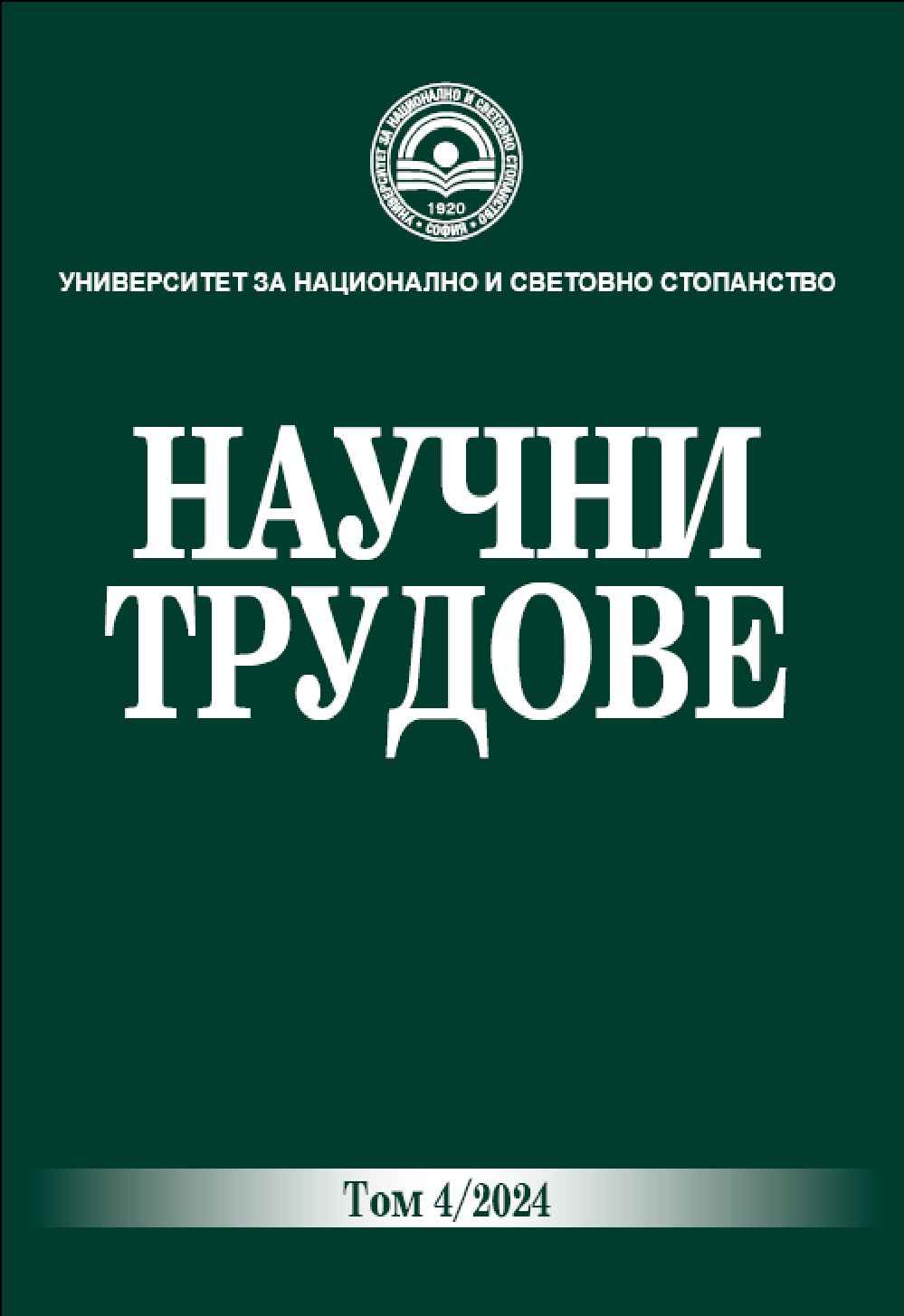The Problem with Bulgaria’s Lack of Funding Directed to the Education Sector
The Problem with Bulgaria’s Lack of Funding Directed to the Education Sector
Author(s): Boris MiloshevSubject(s): Politics / Political Sciences, Politics, Economy, National Economy, Business Economy / Management, Labor relations, Economic policy, Human Resources in Economy, Socio-Economic Research
Published by: Университет за национално и световно стопанство (УНСС)
Keywords: European Union (EU); Gross Domestic product (GDP); Sustainable development goal (SDG); International Standard Classification of Education (ISCED)
Summary/Abstract: Human capital is one of the driving factors for an economy and has a direct effect on production. One of the best ways to boost a country’s GDP is to increase labor productivity, which is directly linked with long-term economic growth. With Bulgaria having one of the lowest general government expenditures to GDP ratio in Europe and low teachers’ salary rates compared to other countries, it’s important to determine how this may be affecting the country and its economic growth as a whole. The aim of this paper is to analyze the lack of funding in the educational sector based on the human capital theory and the Augmented Solow growth model, as well as to provide some suggestions on possible improvement strategies.
Journal: Научни трудове на УНСС
- Issue Year: 4/2024
- Issue No: 4
- Page Range: 69-78
- Page Count: 10
- Language: English

